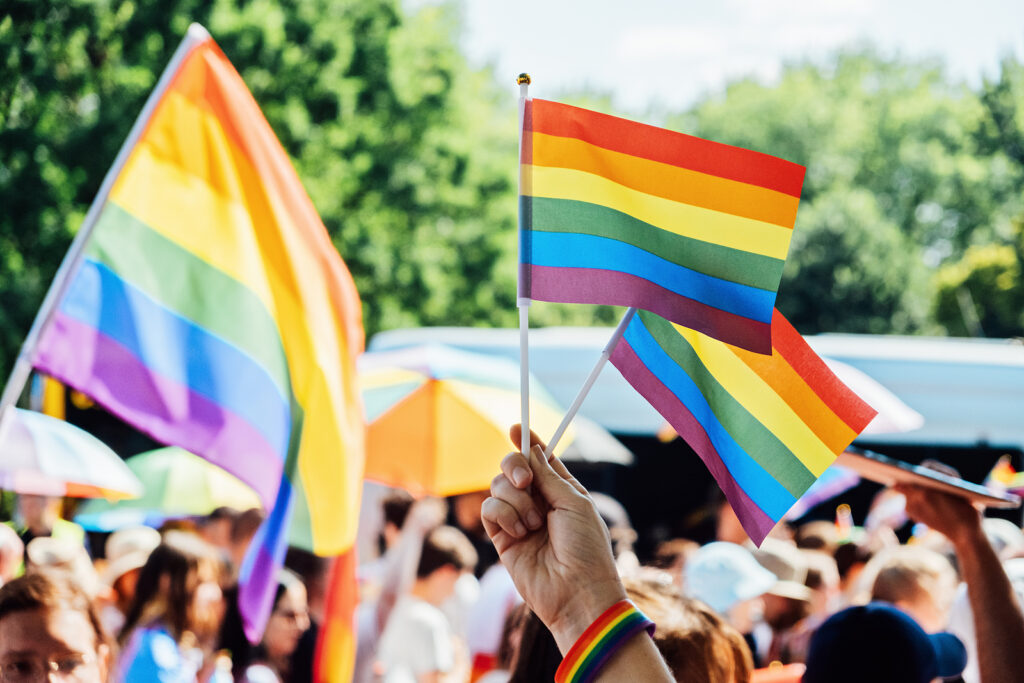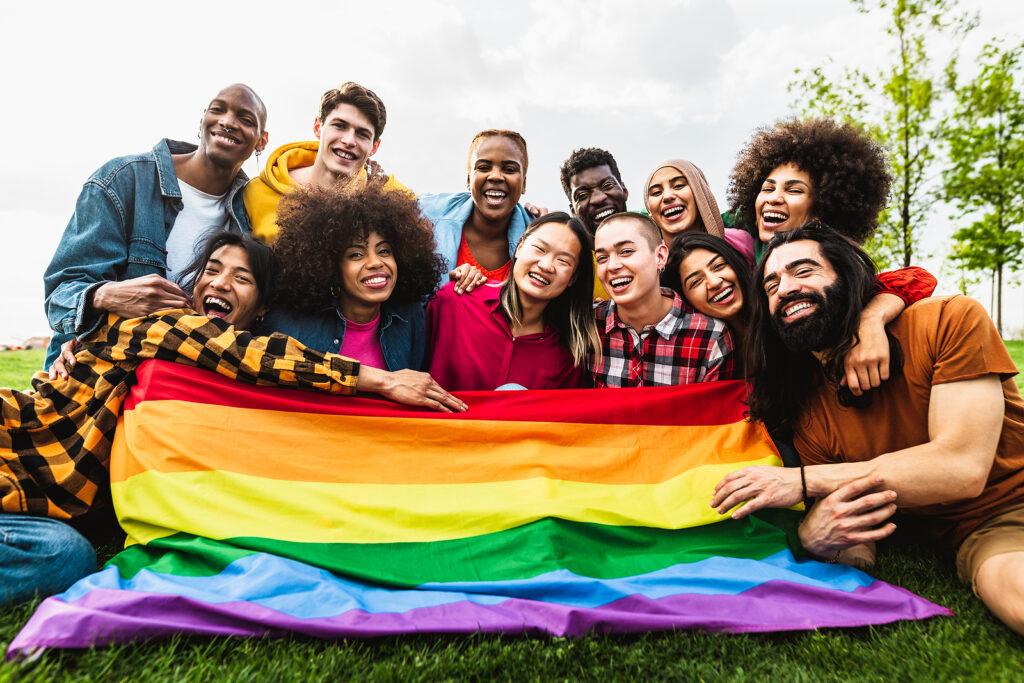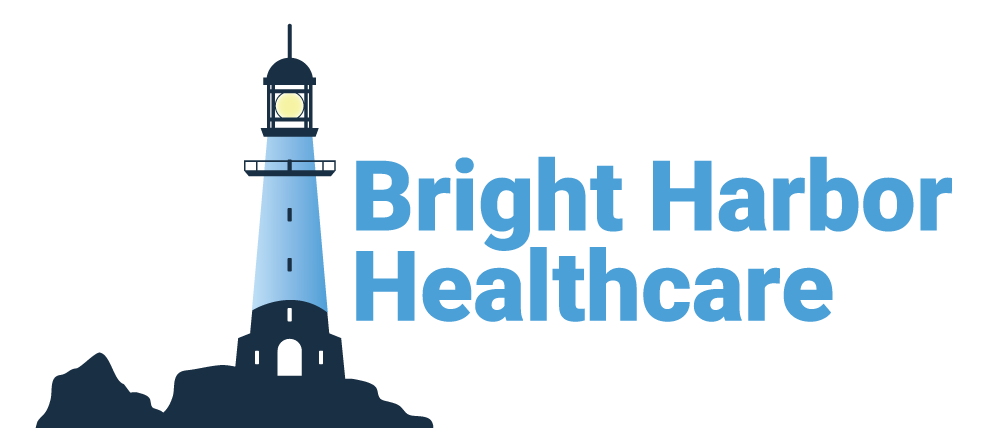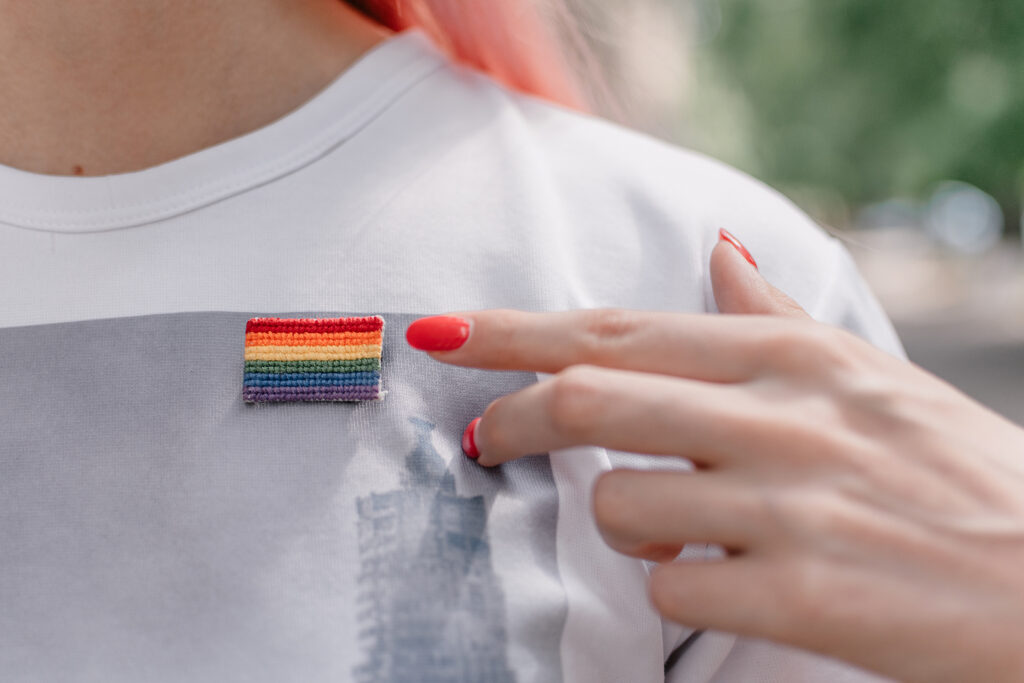Understanding Pride and Its Significance
The History of Pride
Pride events trace their roots back to the Stonewall Riots of 1969, a pivotal moment in LGBTQ+ history. These riots, sparked by police raids at the Stonewall Inn in New York City, marked a turning point in the fight for LGBTQ+ rights and spurred the annual Pride celebrations we see today. Pride Month, observed every June, commemorates this history and celebrates the progress made in LGBTQ+ rights and visibility. Over the decades, Pride has evolved to include parades, festivals, and various events that highlight the culture, achievements, and ongoing struggles of the LGBTQ+ community.
The Role of Pride in the LGBTQ+ Community
Pride serves as a vital platform for visibility, advocacy, and community. It allows individuals to express their identities openly, fostering a sense of belonging and solidarity. Pride events and celebrations reinforce the importance of equality and acceptance. For many, Pride is a powerful reminder of the strength and resilience of the LGBTQ+ community, offering a space where they can celebrate their identities without fear of discrimination or prejudice.
Mental Health Challenges Faced by the LGBTQ+ Community
Common Mental Health Issues
The LGBTQ+ community faces unique mental health challenges, including higher rates of depression, anxiety, and suicidal ideation. Studies have shown that LGBTQ+ individuals are more likely to experience these mental health issues compared to their heterosexual counterparts. This disparity is often linked to the social stressors associated with being part of a marginalized community, including experiences of discrimination, rejection, and violence.
Factors Contributing to Mental Health Challenges
Several factors contribute to the mental health struggles within the LGBTQ+ community:
- Discrimination and Stigma: Persistent societal discrimination and stigma can lead to feelings of isolation and rejection. LGBTQ+ individuals often face prejudice in various aspects of life, including employment, housing, and healthcare, which can contribute to chronic stress and mental health issues.
- Family Rejection: Lack of acceptance from family members can severely impact self-esteem and mental well-being. Many LGBTQ+ youth face rejection or even homelessness when they come out to their families, which can have long-lasting effects on their mental health.
- Internalized Homophobia: Internalizing negative societal attitudes can result in self-hatred and mental distress. This internalized homophobia can manifest as self-doubt, low self-esteem, and negative self-perception, further exacerbating mental health challenges.
- Minority Stress: The concept of minority stress highlights the unique stressors faced by marginalized groups. For LGBTQ+ individuals, this can include the pressure to conceal their identity, fear of being outed, and the constant anticipation of discrimination or violence.

The Positive Impact of Pride on Mental Health
Community and Belonging
Pride events create a sense of community and belonging. Being surrounded by supportive and like-minded individuals fosters a positive environment, reducing feelings of isolation and loneliness. This sense of community is crucial for mental health, as it provides a support system that can offer understanding, acceptance, and encouragement.
Visibility and Representation
Visibility and representation during Pride can boost self-esteem and validate personal identities. Seeing diverse LGBTQ+ individuals and allies openly celebrating can be empowering and affirming. It sends a powerful message that LGBTQ+ individuals are not alone and that their identities are valid and worthy of celebration.
Support Systems and Resources
Pride often brings increased awareness of available support systems and resources. From mental health services to community groups, individuals can connect with the help they need during these events. Many Pride events feature resource fairs, workshops, and information booths that provide valuable information about local services and support networks.
Coping Strategies and Resources
Accessing Mental Health Services
Accessing mental health services specifically tailored for the LGBTQ+ community can make a significant difference. Healthcare organizations offering these services understand the unique challenges faced and provide culturally competent care. It’s important to seek out therapists and counselors who are knowledgeable about LGBTQ+ issues and can offer affirming support.
Building a Support Network
Building a strong support network is crucial. This can include friends, family members, and community groups who offer understanding, acceptance, and support. Engaging with LGBTQ+ organizations, attending support groups, and participating in community events can help build a network of supportive individuals.
Utilizing Community Resources
Utilizing community resources such as LGBTQ+ centers, hotlines, and online forums can provide additional support and information. These resources often offer counseling, support groups, and educational materials. They can also connect individuals with local services, legal assistance, and advocacy groups.
Our Commitment to LGBTQ+ Mental Health
Services Offered
Bright Harbor Healthcare offers comprehensive mental health services, including crisis, family support, and addiction recovery services. Our services are designed to address the specific needs of the LGBTQ+ community, ensuring that individuals receive the care and support they need.
How to Get Help
Getting help is straightforward. Bright Harbor Healthcare provides easy access to our services where individuals can find information and schedule appointments. We offer a welcoming and inclusive environment where everyone is treated with respect and dignity.

Reach Out for Support
If you or someone you know is struggling with mental health issues, reach out to Bright Harbor Healthcare. Our dedicated team is here to provide the support and care you need. Contact Bright Harbor Healthcare to learn more about our Oasis Outpatient Program which provides individual therapy, group therapy, case management, and outreach services to the LGBTQ+ community. Let’s start your journey of pride and better mental health together.
Pride Month is celebrated every June to honor the 1969 Stonewall Riots and to recognize the impact LGBTQ+ individuals have had on history and society.
Pride promotes visibility, community, and support, which are crucial for the mental well-being of LGBTQ+ individuals.
Common challenges include higher rates of depression, anxiety, and suicidal ideation due to discrimination, stigma, and lack of acceptance.
Pride events foster a sense of community and belonging, provide visibility and representation, and highlight available support systems and resources.
Bright Harbor Healthcare offers individual therapy, group therapy, family support, and other mental health services tailored to the LGBTQ+ community.
Services can be accessed through their website, where you can find information and schedule appointments.
Yes, many mental health providers, including Bright Harbor Healthcare, offer services specifically designed for LGBTQ+ youth.
Family members can offer acceptance, understanding, and support, and seek family therapy if needed.
Strategies include accessing mental health services, building a support network, and utilizing community resources.
Offer a listening ear, encourage them to seek professional help, and connect them with supportive communities and resources.

